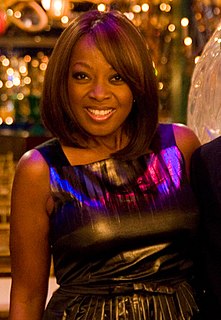A Quote by Albert Ellis
I started to call myself a rational therapist in 1955; later I used the term rational emotive. Now I call myself a rational emotive behavior therapist.
Related Quotes
When you look at any experimental work not directly related to economics, but trying to test rational behavior in other ways, experiments have conspicuously failed to show rational behavior. Macro evidence certainly suggests deviations from rationality, but I don't want to say the rationality hypothesis is completely wrong. If you have any introspective idea or experimental idea about people's behavior, it seems to be incompatible with the really full scale rational expectations.
I want to say, and this is very important: at the end we lucked out. It was luck that prevented nuclear war. We came that close to nuclear war at the end. Rational individuals: Kennedy was rational; Khrushchev was rational; Castro was rational. Rational individuals came that close to total destruction of their societies. And that danger exists today.
My rational emotive behavior therapy (REBT) was one of the very few therapies that was originated partly or largely because I wanted to be brief and efficient. And therefore right from the start I was active and directive. I tried to show people some central masturbatory core to their philosophy and to get them to work at changing it cognitively, emotionally and behaviorally.
It's all emotion. But there's nothing wrong with emotion. When we are in love, we are not rational; we are emotional. When we are on vacation, we are not rational; we are emotional. When we are happy, we are not [rational]. In fact, in more cases than not, when we are rational, we're actually unhappy. Emotion is good; passion is good. Being into what we're into, provided that it's a healthy pursuit, it's a good thing.
The soul has two parts, one rational and the other irrational. Let us now similarly divide the rational part, and let it be assumed that there are two rational faculties, one whereby we contemplate those things whose first principles are invariable, and one whereby we contemplate those things which admit of variation.
If the Humanists wish to be champions of reason, they should consider the following: just as they would not admit mystics into their camp, since no rational discussion is possible with men who substitute supernatural revelations for rational evidence-so they cannot admit advocates of force into their camp, because no rational discussion or agreement is possible with men who substitute guns for rational persuasion.
You get your intuition back when you make space for it, when you stop the chattering of the rational mind. The rational mind doesn't nourish you. You assume that it gives you the truth, because the rational mind is the golden calf that this culture worships, but this is not true. Rationality squeezes out much that is rich and juicy and fascinating.


































